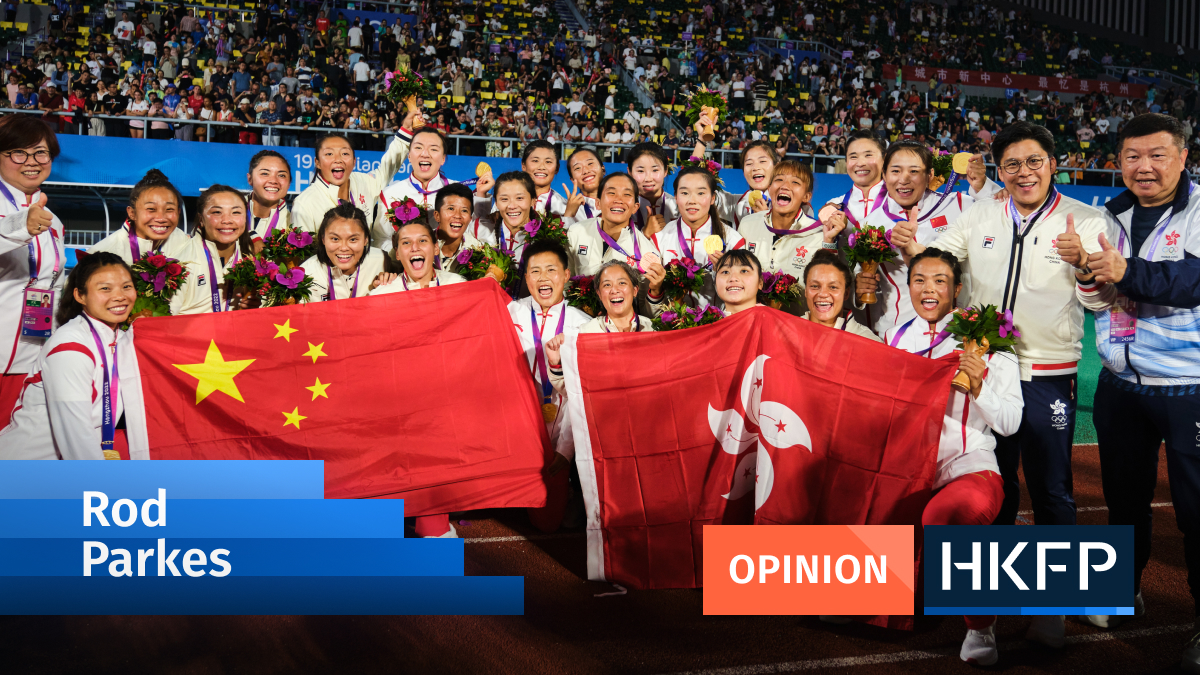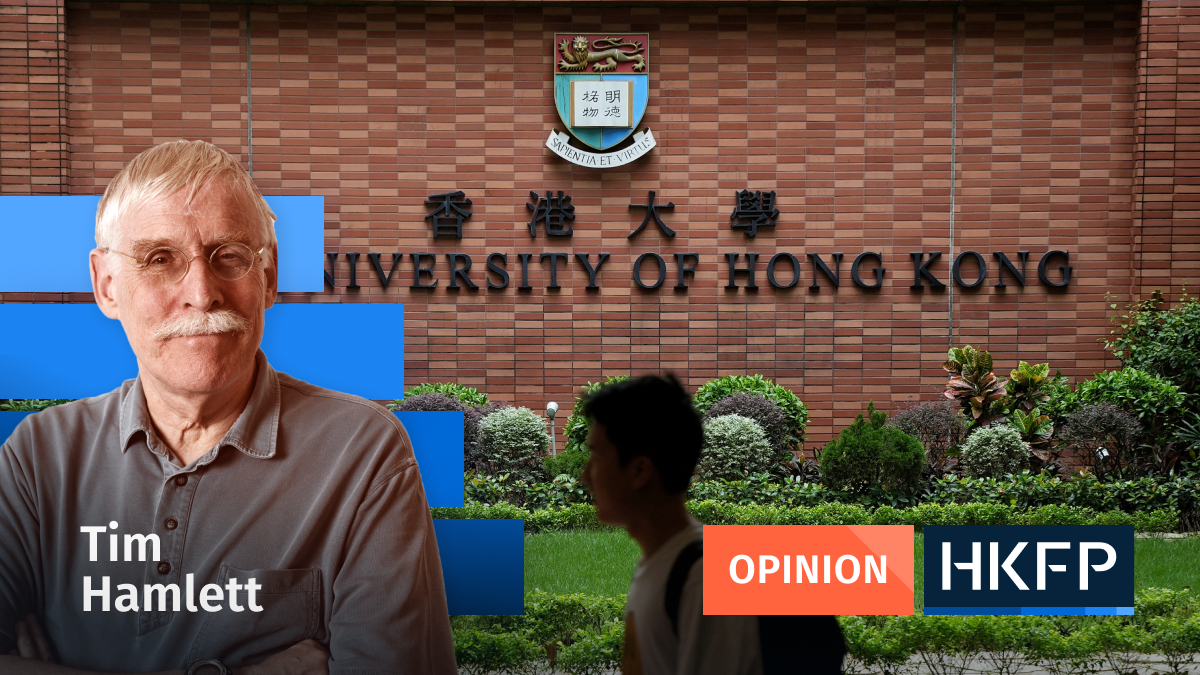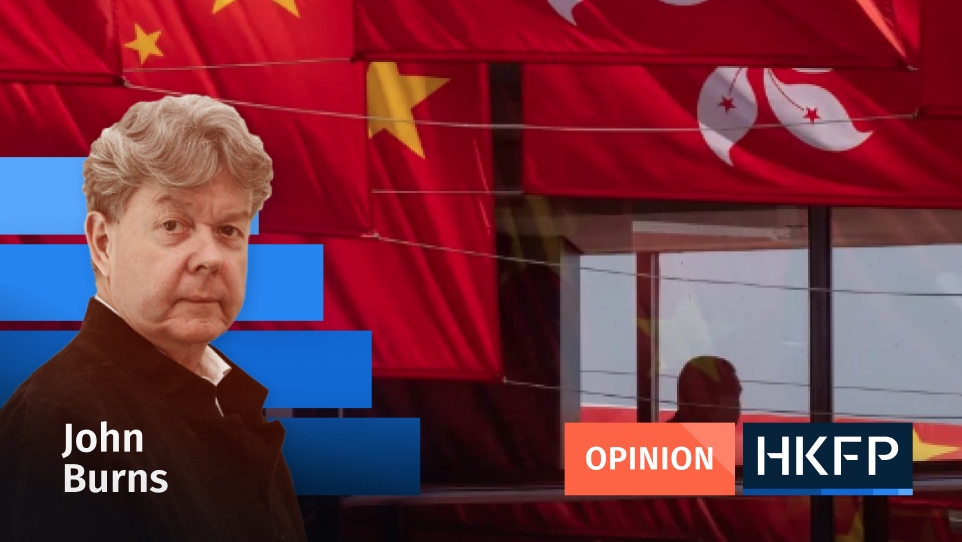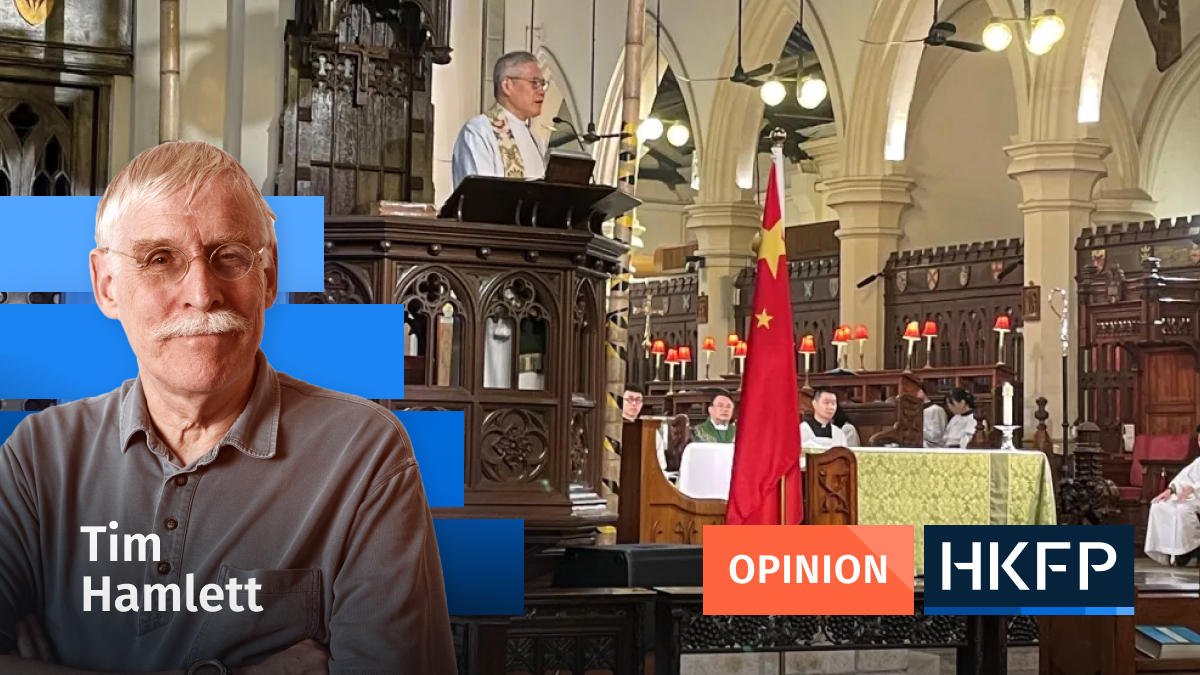Our constitutional structure requires that the chief executive be accountable to the Legislative Council (LegCo). This presumes that LegCo has sufficient autonomy to hold the chief executive and the Hong Kong government to account.
Since authorities introduced our new “patriots-only” political system, we have yet to test this assumption. Can LegCo mount credible, transparent, and independent inquiries as it has in the past?
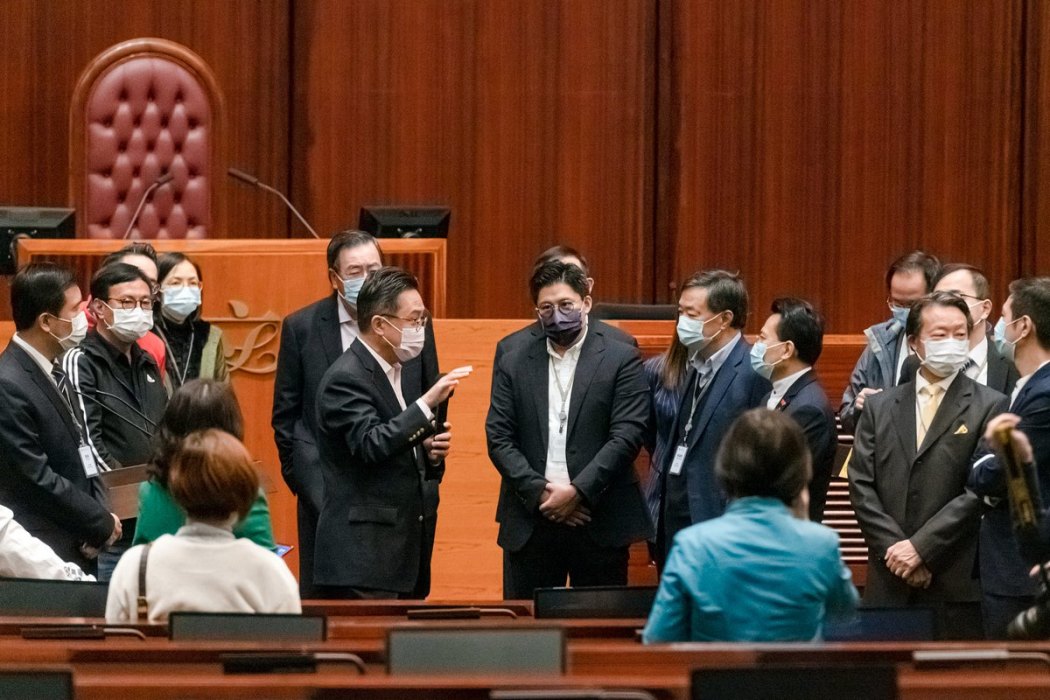
Evidence of LegCo’s autonomy would be holding such inquiries into the government’s performance regarding the two most significant events since the city’s Handover from British to Chinese rule in 1997: the protests that rocked Hong Kong in 2019 and the Covid-19 pandemic.
The first is significant because of its violence, not seen since the 1967 riots. The second is significant because of Hong Kong’s astronomical Covid death rate. Both events share similarities that focus on failures of communication and failures to meet public expectations.
On January 26, Professor Yuen Kwok-yung, one of the government’s Covid experts, called for an independent inquiry into the way the government handled the virus so that Hong Kong can make better preparations for the next pandemic.
He reminded us that in the wake of the SARS pandemic, which decimated Hong Kong in 2003, we learned from just such investigations. As a result, we were better prepared for the arrival of Covid in 2020. He is right, and authorities should heed his call.

In 2003, LegCo established a select committee to investigate the government’s and the Hospital Authority’s (HA) handling of SARS. The select committee was independent because it did not include members with responsibility for handling SARS.
The committee held public hearings and published a detailed report that included the testimony of witnesses and recommendations on infection control measures in hospitals and the command structure linking the government and the HA. The report also made recommendations on effective communication within government, between Hong Kong and mainland authorities on public health matters, and between the government and the HA, on one hand, and the public, on the other.
The report found that the city’s health secretary at the time, Yeoh Eng-kiong, had misled the public about the transmissibility and lethal nature of SARs. In 2004, Yeoh resigned to take responsibility for mismanaging Hong Kong’s response to the epidemic. So too did the Chairman of the HA.
The investigation carried out in public had consequences for those in power. It was part of Hong Kong’s accountability system. Transparency is a hallmark of responsible government and builds trust in public authority.
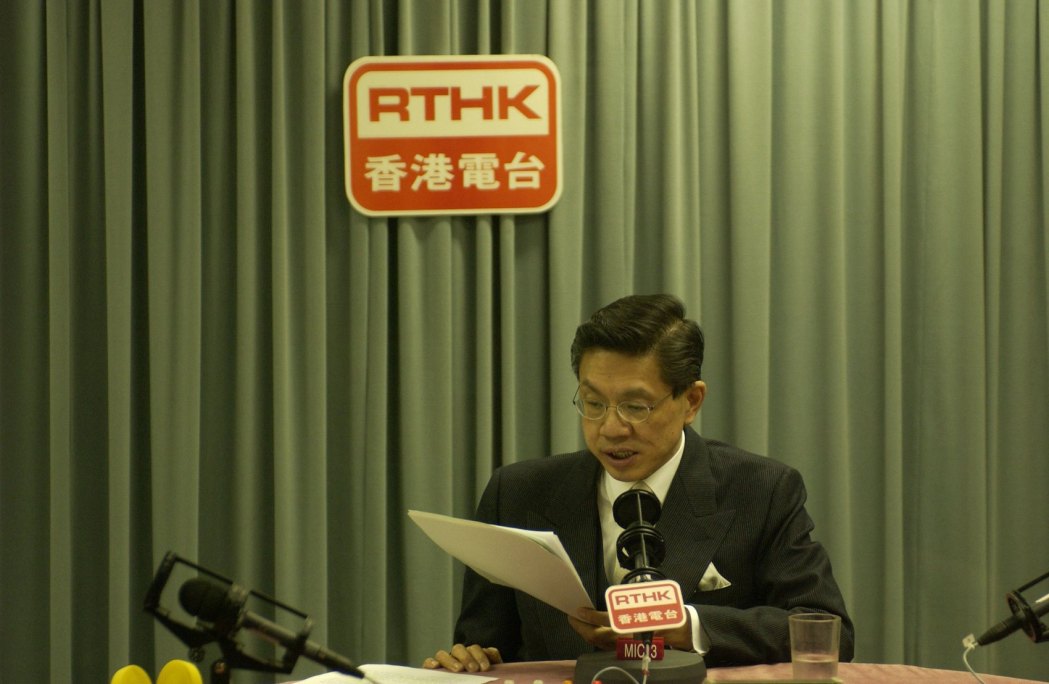
Also, in 2003 then-chief executive Tung Chee-hwa appointed an expert committee to investigate the government’s handling of SARS. The committee of 11 members – mostly from outside Hong Kong, Australia, the UK and the USA – included local experts who were not directly involved in managing SARS, and SARS expert Professor Zhong Nanshan from Guangzhou. It, too, was independent.
The expert committee had a different remit. In addition to considering how well authorities in Hong Kong had managed the epidemic, they were more forward looking. They examined the capacity of our health care system to cope with deadly viruses such as SARS, including the organisation and operation of the HA and the Department of Health.
The committee made valuable recommendations that were implemented, better preparing us for Covid-19. As a result, we set up the Centre for Health Protection; introduced preparedness and control plans; established a command-and-control structure for epidemics; facilitated cross-border public health experts’ networks; and invested more in research on infectious disease.
Thus, when Covid hit the region we were much better prepared. On January 4, 2020, the government rolled out a pandemic management plan for Hong Kong and on January 25 set up the command and control centre, chaired by the chief executive at the time, Carrie Lam, to lead our Covid-19 battle.
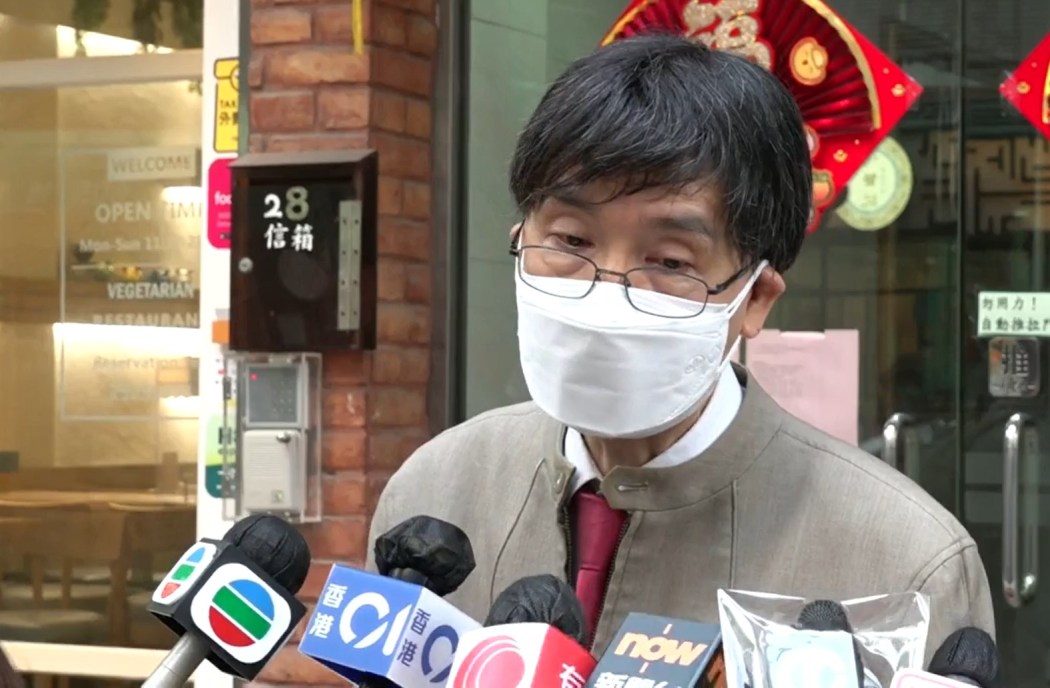
As Professor Yuen suggests, there are many issues that deserve our attention now to prepare us for the next pandemic, which will surely come. These include the apparent failure of the Hong Kong authorities to prepare Hong Kong for new variants of Covid, such as Omicron.
As a result Hong Kong had the highest Covid death rate per million in the world. Issues that must be addressed include: communication with the public about the safety of vaccines; apparently inconsistent messaging about our border control policies; a lack of coordination among government departments in charge of public health and elderly care homes; apparent lack of testing and contract tracing and isolation capacity; and many more.
Based on past experience, LegCo and an expert committee – both independent but looking an Covid from different perspectives – have a role to play here. LegCo may reflect on the adequacy of Hong Kong’s response, especially during the fourth and fifth waves of the pandemic.
A LegCo select committee should hold public hearings and call as witnesses any and all of those involved in decision making about Covid, including our former chief executive and secretary for health. The committee should also examine responsibility for measures well taken, and shortcomings and failures.
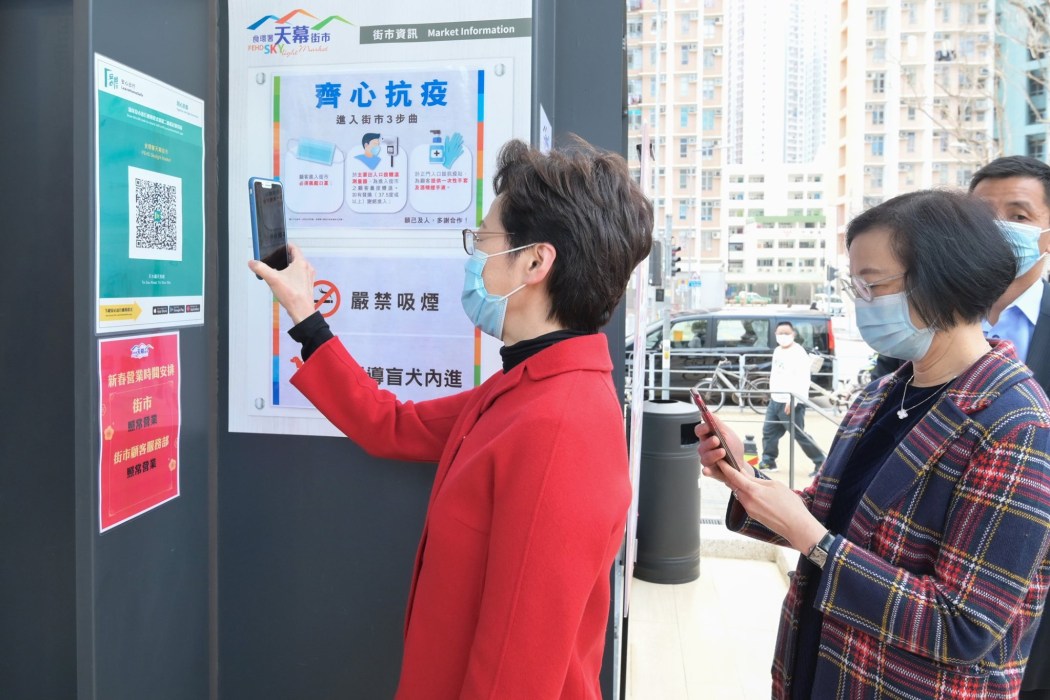
An independent expert committee could examine how well the recommendations of the 2003 panel performed. It could also examine Hong Kong’s preparedness for future pandemics. Failures of communication within authorities and between authorities and the public is a common theme in Hong Kong’s handling of pandemics. LegCo and an expert committee could both reflect on how to improve in this area.
We now have a patriots-only LegCo. Does it have the autonomy to undertake such an investigation? Oddly the call for an independent inquiry came not from LegCo, but from an infectious disease expert. Yet, the legislature has an essential role to play here. LegCo is well suited to examine the failures of communication that plagued Hong Kong’s response to SARS in 2003, and apparently remain with us.
For the second issue, the 2019 anti-government protests, the Hong Kong government focuses its attention now on holding others to account. Witness the ongoing incarceration and trials of citizens who protested the government and others in 2019.
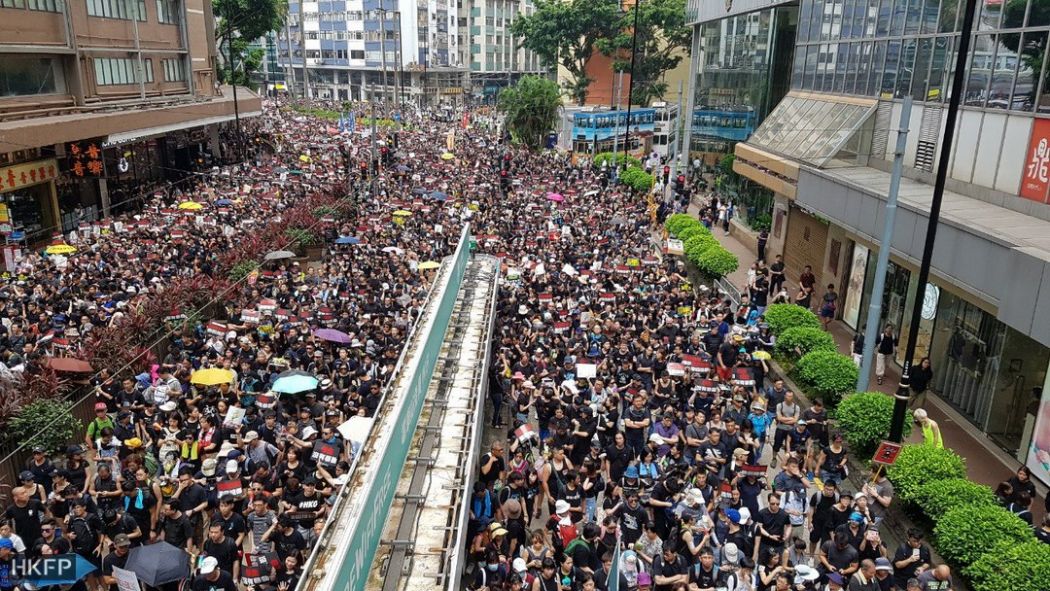
We also need an independent inquiry into the government’s instigation and handling of the anti-government protests, the worst public violence since 1966-67. Even the colonial government held such inquiries in the past and learned from them. Colonial authorities stepped up work at district level, for example, necessary for meeting public expectations. Our current district arrangements continue in shambles.
Meeting public expectations is also important now. An investigation into the 2019 protests would shed light on the government’s capacity to assess political risk, failures to communicate effectively the government’s agenda, and failures to accommodate people’s expectations of that agenda. These are continuing issues, that cross many different policy domains and are of critical importance now.
Can patriots turn the spotlight on themselves? This the people of Hong Kong want to know.
Support HKFP | Policies & Ethics | Error/typo? | Contact Us | Newsletter | Transparency & Annual Report | Apps
| HKFP is an impartial platform & does not necessarily share the views of opinion writers or advertisers. HKFP presents a diversity of views & regularly invites figures across the political spectrum to write for us. Press freedom is guaranteed under the Basic Law, security law, Bill of Rights and Chinese constitution. Opinion pieces aim to point out errors or defects in the government, law or policies, or aim to suggest ideas or alterations via legal means without an intention of hatred, discontent or hostility against the authorities or other communities. |
Help safeguard press freedom & keep HKFP free for all readers by supporting our team

More HKFP OPINION:
HKFP has an impartial stance, transparent funding, and balanced coverage guided by an Ethics Code and Corrections Policy.
Support press freedom & help us surpass 1,000 monthly Patrons: 100% independent, governed by an ethics code & not-for-profit.


